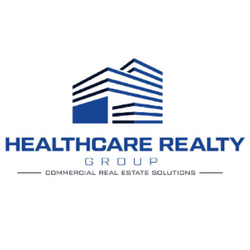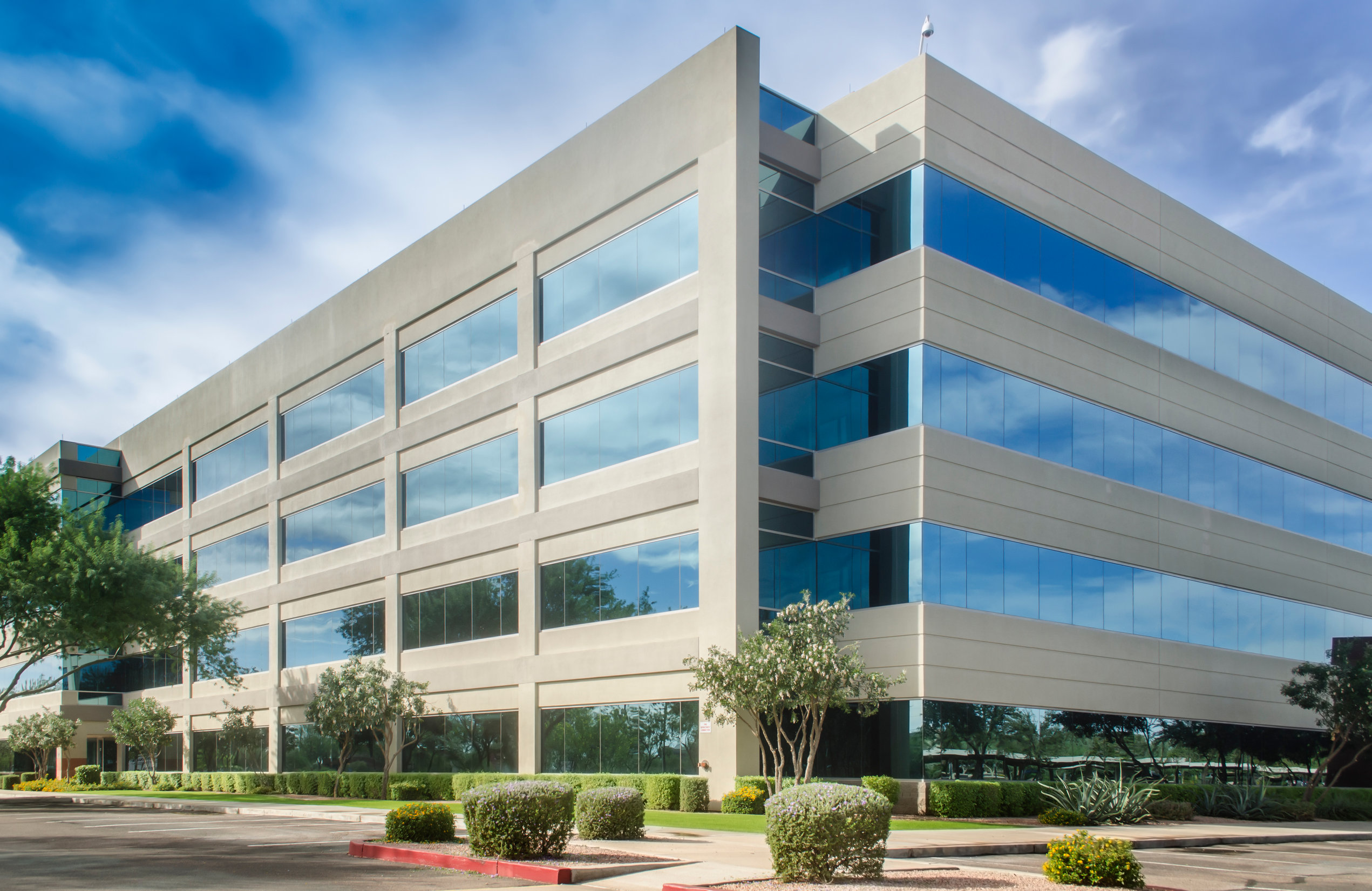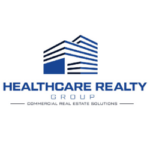When you are looking for medical office space for lease, there are a few key areas you will want to focus on to ensure you find the best space for your needs. Keeping the following factors in mind will help you zero in on the perfect location for your medical practice.
Location: The first thing to consider when leasing medical office space is the location. Patients should be able to find the office easily and be located in a safe area. Look for ample parking, visibility from the street, and easy accessibility for patients. Another important factor to consider is the surrounding businesses. If the medical office is located near other medical practitioners, it will make it easier for patients to find the services they need and can lead to referrals from other practitioners.
Size of the space and amenities: The next thing to consider is the size of the space and amenities. You want to ensure the space is large enough to accommodate your needs. You may have to invest in renovations if the space does not have examination rooms or storage space.
Most landlords require that contractors make any changes to the building they know and trust to protect the value of their property. However, because medical office spaces have unique improvement requirements, you may need to introduce new contractors specialized in building medical facilities. In this case, it is essential to communicate clearly with the property owner about your plans. The landlord will retain the right to access the space during demolition and remodeling, in order to verify that the value of the property is not negatively affected. By working together, you can ensure that the medical office space meets all the necessary requirements while protecting the interests of both parties.
Lease terms and renewal options: Another important consideration when choosing an office space is the length of the lease and any renewal options. It is important to choose a lease that meets your specific needs. For example, if you anticipate growing your practice, choose a longer lease to renew later without moving your practice. However, if you are unsure how long you will need the space, choose a shorter lease with the option to renew. Ultimately, it is important to discuss your specific needs with a qualified real estate professional before signing a lease. Additionally, the lease should specify exactly how utility costs will be allocated. By taking the time to review these details before signing the lease, you can avoid potential problems down the road.
ADA compliance and accessibility: When choosing medical office space, ADA compliance and accessibility are important considerations. You want to make sure that your patients can access your office easily. If your office is not accessible, it could deter patients from visiting your practice. There are several ways to ensure your office is accessible, including choosing a location that is convenient for patients with disabilities and investing in features like ramps and elevators. By taking the time to consider accessibility, you can ensure that your office is welcoming and inclusive for all patients.
Exclusive use provisions: When leasing medical office space, it is important to consider exclusive use provisions. Exclusive use provisions are clauses in a lease that allow you to prevent similar use in the building and have exclusivity. This can be important if you want to control who has access to your office, how the space is used, and the hours of operation. However, exclusive use provisions can also be costly and may limit your ability to sublet the space if you no longer need it. Therefore, it is important to weigh the benefits and drawbacks of exclusive use provisions before including them in your lease agreement.
After-Hours Access: Before signing a lease for office space, it is important to review the access terms. For many businesses, standard business hours (8-5) are sufficient. However, medical practices often see patients during extended hours or operate 24 hours a day. It is essential to ensure the lease allows access outside of standard business hours.
Lease terms typically assume utilities will be used during normal business hours. If your business needs after-hours access to the property, you may be responsible for paying the associated utility costs. That is because after-hours use can increase the wear and tear on the property, as well as increase the risk of damage. When signing a lease, you can be sure you are fully aware of your responsibilities.
Landlord Access: In most cases, landlords are allowed to enter any part of their leased space at any time to ensure that it is being used properly. However, medical practices must be sure to maintain the privacy of their patients at all times. As a result, lease language must specify a protocol by which the landlord may access the space without violating patient confidentiality. Access to the space should be by appointment or during certain hours, while lease language should be clear and sensitive enough to accommodate both tenant and property owner’s needs.
Operating costs: When considering the affordability of office space, it is important to look beyond the lease price. For instance, if you plan to convert traditional office space into a medical office, you must account for the conversion cost. In many cases, these costs can be quite high, deterring some businesses from making the switch. Additionally, medical office spaces tend to lease longer than traditional ones, and opportunities for renewal may be limited. As a result, conversion costs may not be recouped in the long run. When evaluating the affordability of office space, it is important to consider all aspects of real-estate expenditures.
Have a real estate agent specializing in medical real estate: One of the best ways to find medical office space is to work with a real estate agent specializing in medical real estate. We have experience helping doctors and other medical professionals find the right office space and can help you search for available properties, negotiate lease terms, and even help you find financing for your new office.
Contact us today to get started finding the perfect property.






